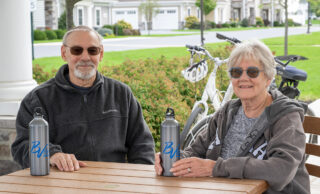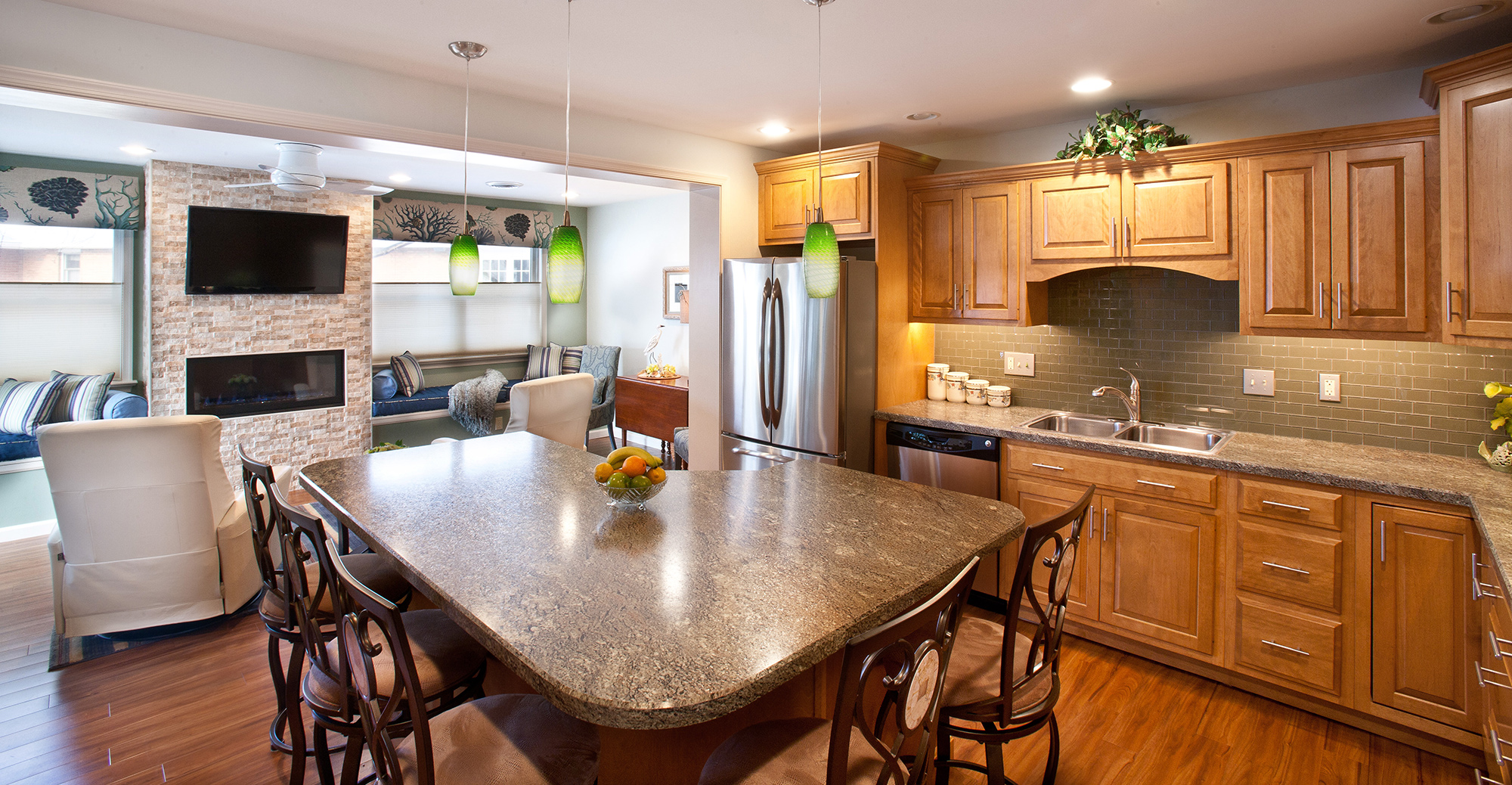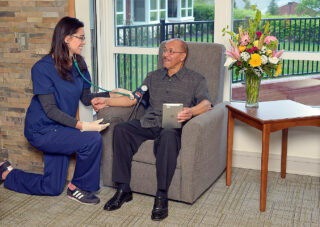More choices. Your choices.
Request more information
At Brethren Village Retirement Community in Lititz, Pennsylvania, we make it easy to choose the kind of retirement you want. With so many choices for senior living, flexible financial plans and Life Care options, you’re sure to find your perfect fit.


Explore residential living.
Our campus, in beautiful Lancaster County, offers flexible retirement living with more floor plan choices for private cottages as well as apartments. Plus, since we are a Life Plan Community (formerly known as Continuing Care Retirement Community), you can stay in your new home for as long as possible with our many options for supportive living.
Find more supportive living choices.
Health needs change over time. Our compassionate team guides you through the continuum of care to support your unique needs with high-quality resources right here on the BV campus. Learn more about our comprehensive Rehabilitation Care, Personal Care, specialized Memory Care, Skilled Care, and even Home Care.

